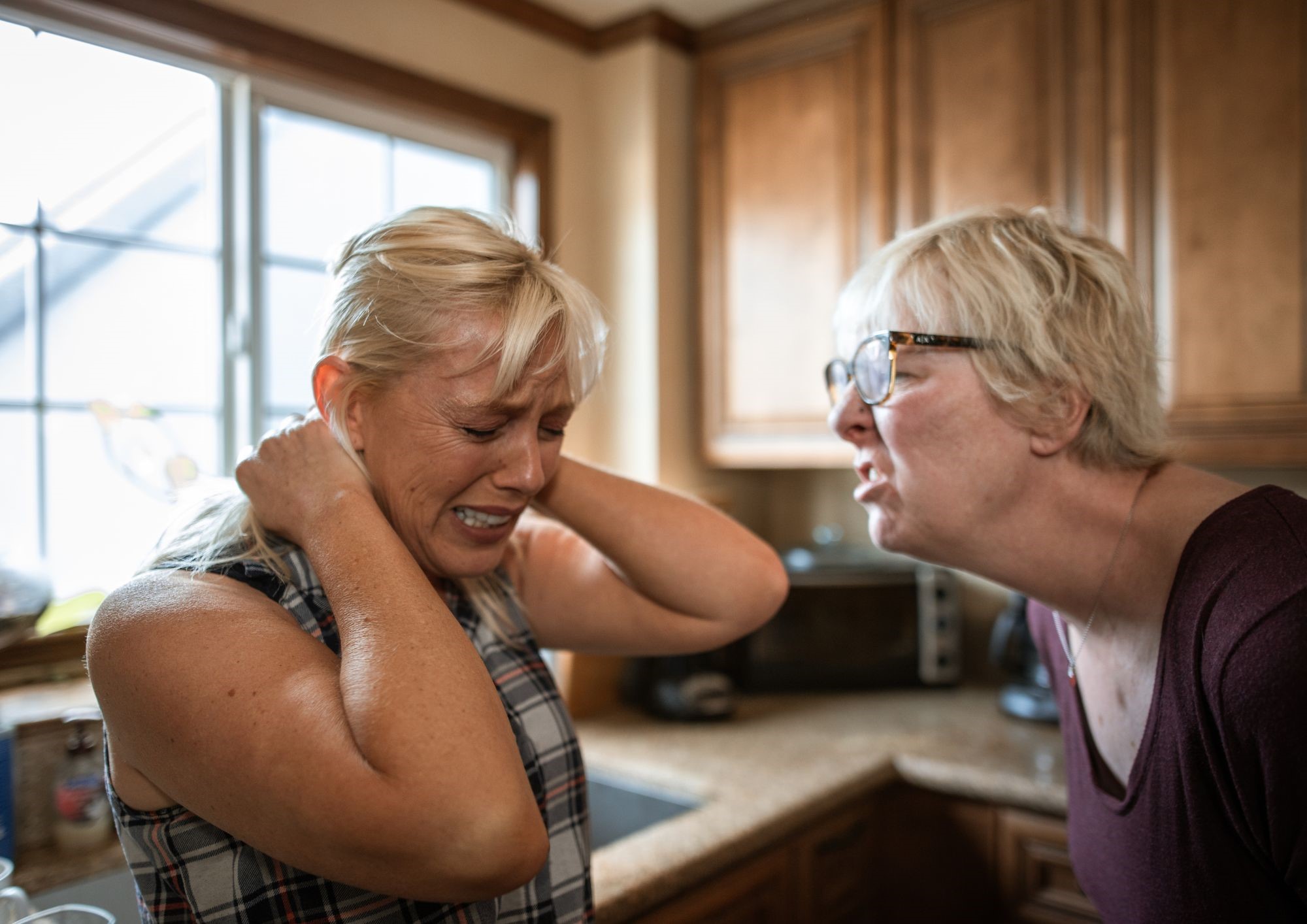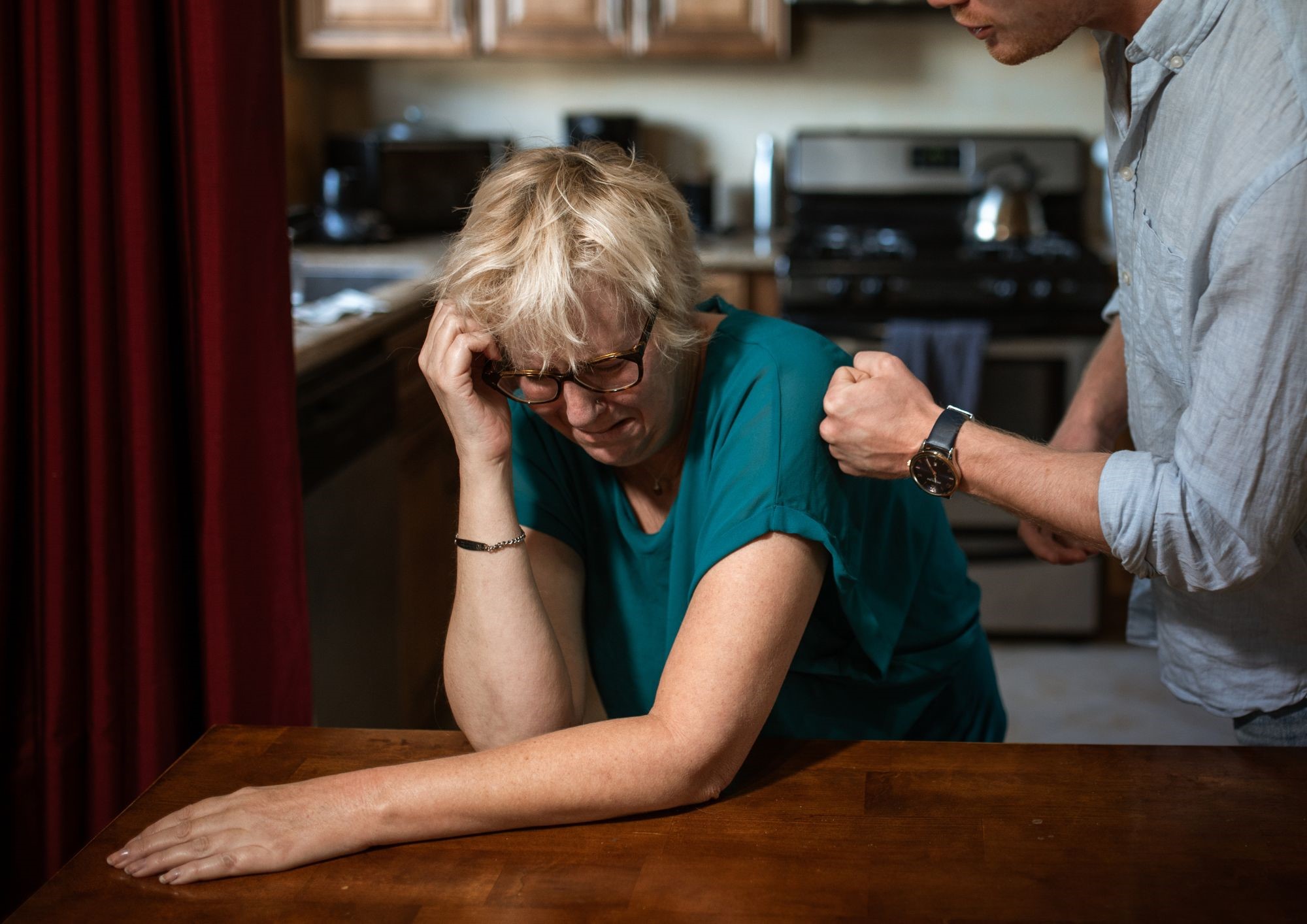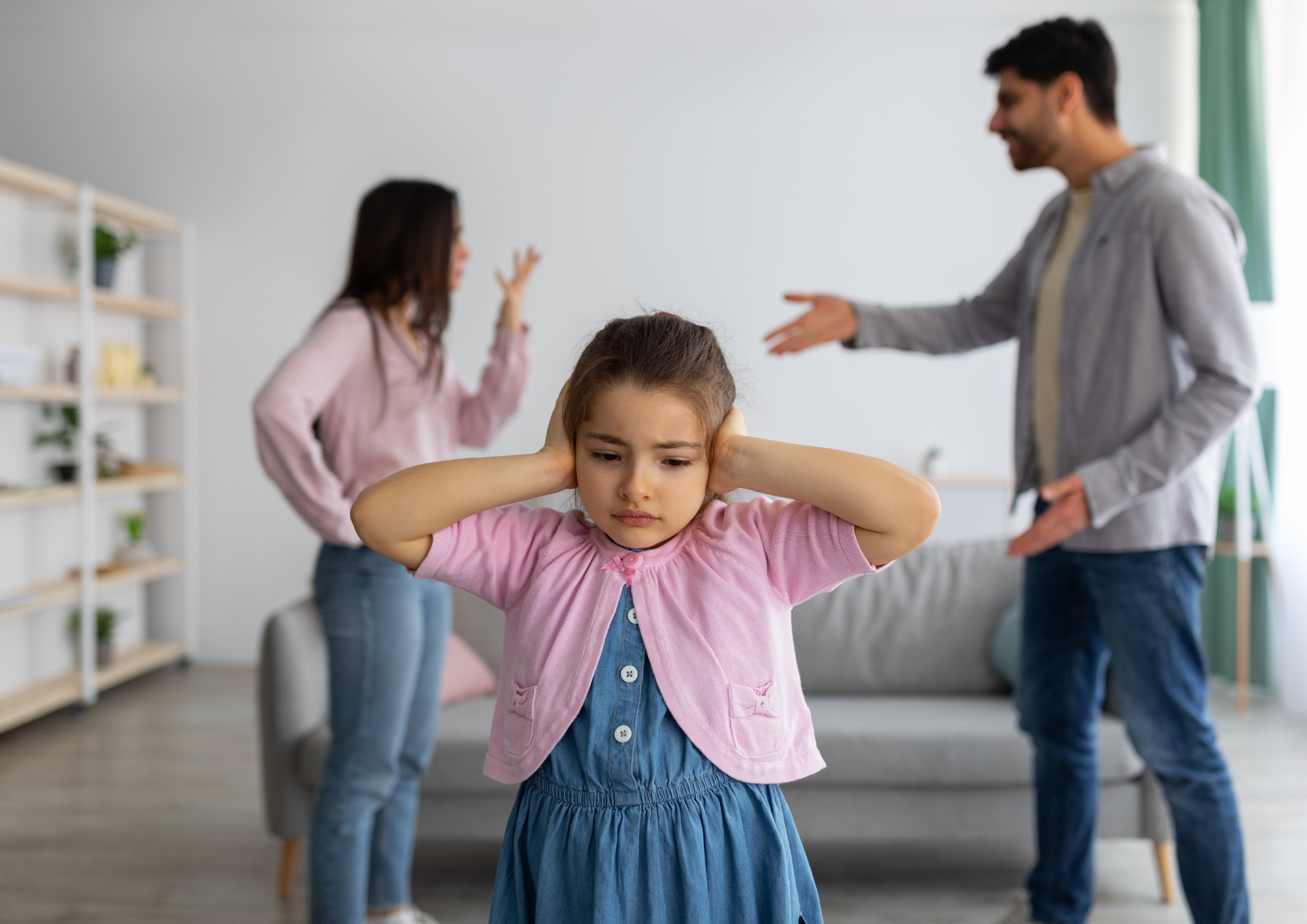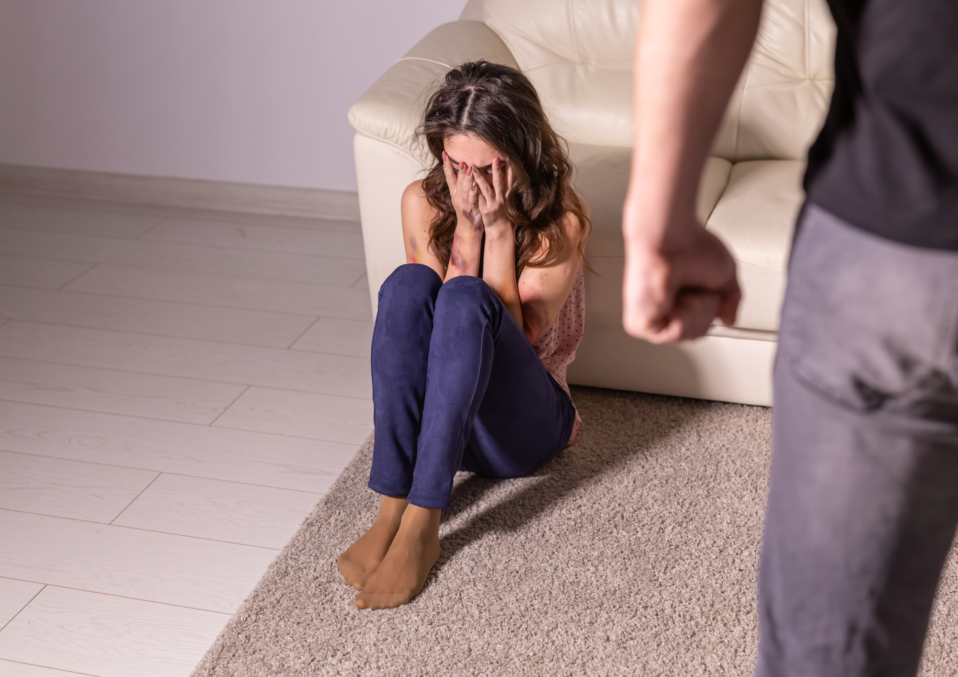Loneliness can significantly negatively affect a person’s mental and physical health, including increased risk of depression, anxiety, cardiovascular disease, and cognitive decline. It can also lead to negative behaviors, such as overeating, substance abuse, or risky sexual behavior, as people seek to alleviate their feelings of loneliness.
Addressing loneliness often involves building or strengthening social connections through volunteering, joining social groups or clubs, or seeking support from family, friends, or mental health professionals. It can also involve practising self-care and developing a positive outlook on life.

Feeling lonely in a crowd
Feeling lonely in a crowd is a common experience for many people. It can occur when other people physically surround a person but still feels disconnected or isolated from them. This can be especially difficult because it may seem like there should be no reason to feel lonely when so many people are around.
There are several reasons why a person may feel lonely in a crowd. One possibility is that the person does not feel like they fit in with the group or has nothing in common with the people around them. Another possibility is that the person may be experiencing social anxiety or shyness, making it difficult to connect with others.
If you are feeling lonely in a crowd, you can do a few things to try to feel more connected. One strategy is to find common ground with the people around you, such as by striking up a conversation about a shared interest or asking for advice or opinions on a topic. It may also be helpful to focus on being present in the moment and enjoying the experience rather than worrying about whether or not you are connecting with others.
If these strategies do not work or if you continue to struggle with feelings of loneliness, it may be helpful to seek support from a mental health professional who can help you develop coping strategies and work on building meaningful connections with others.










